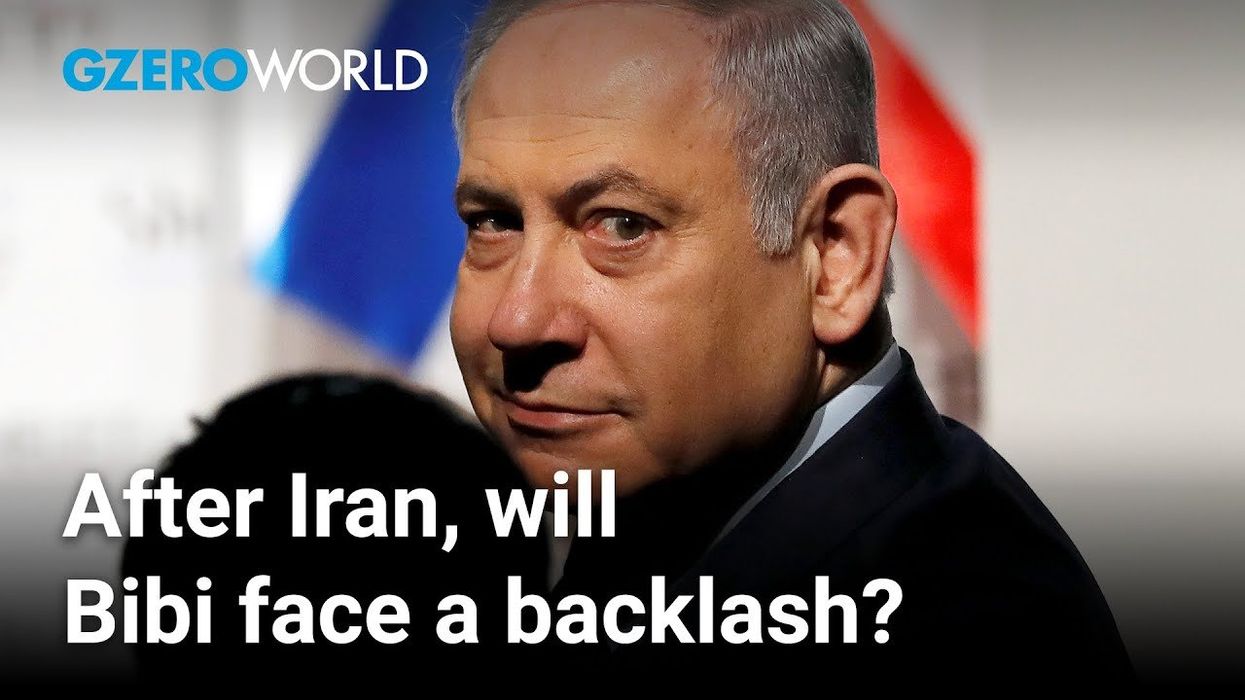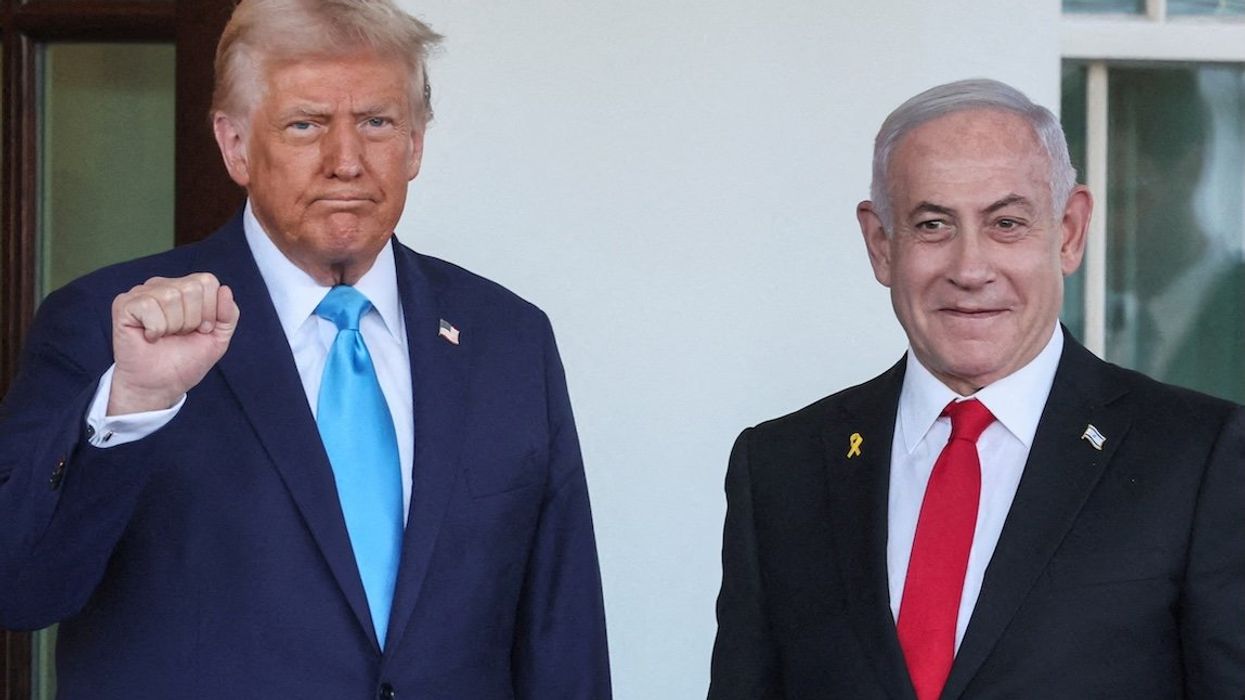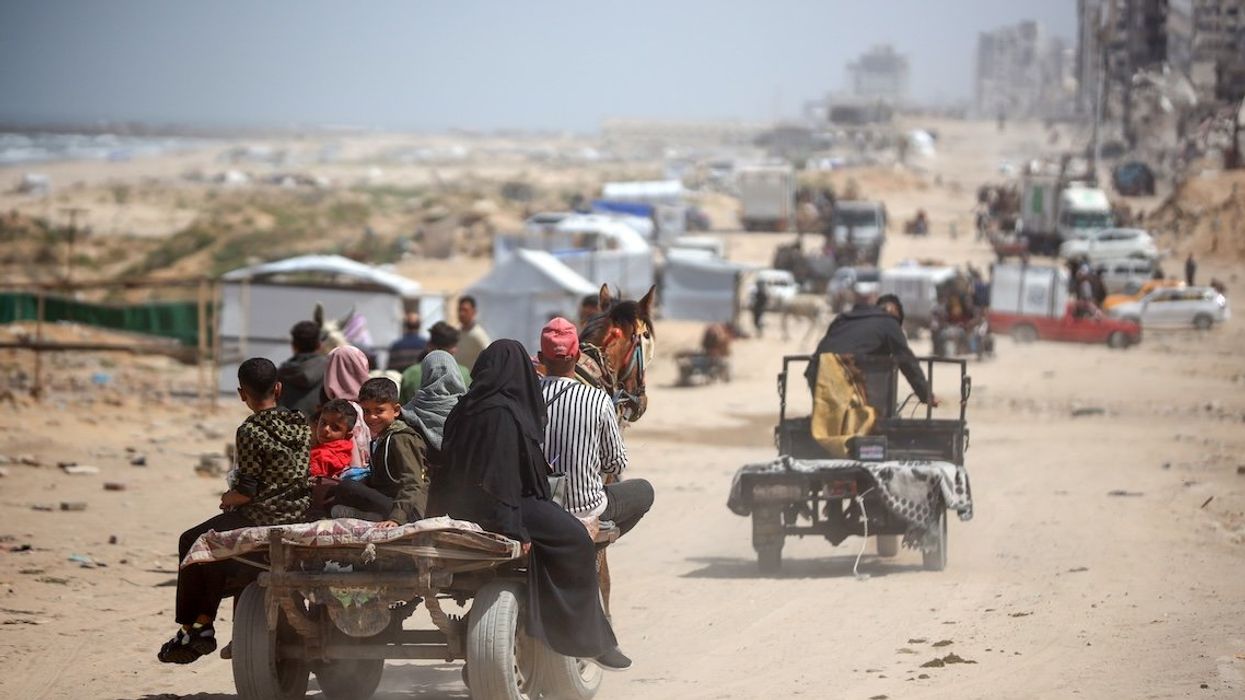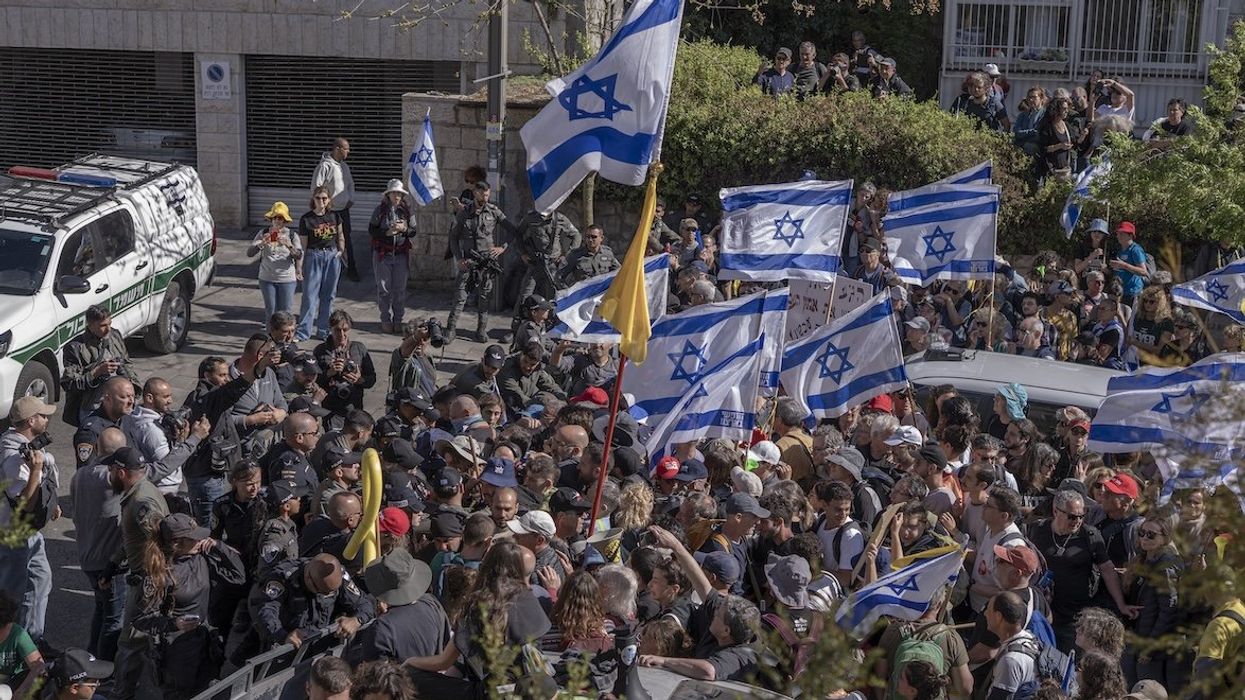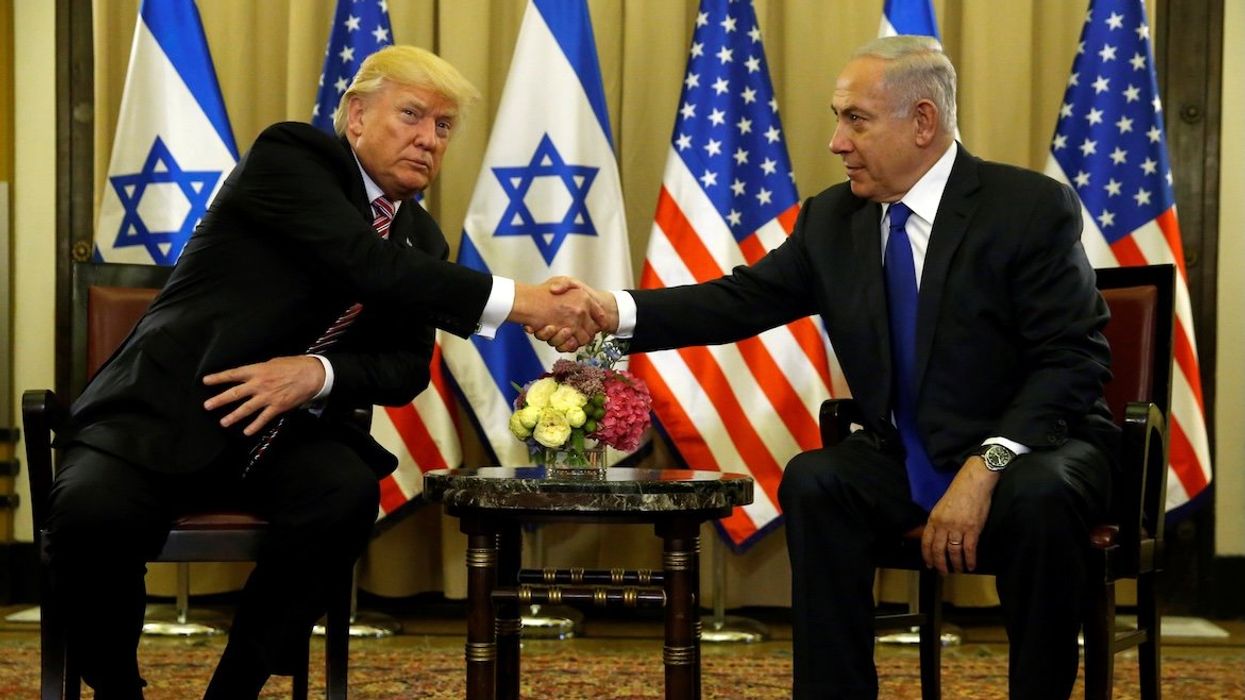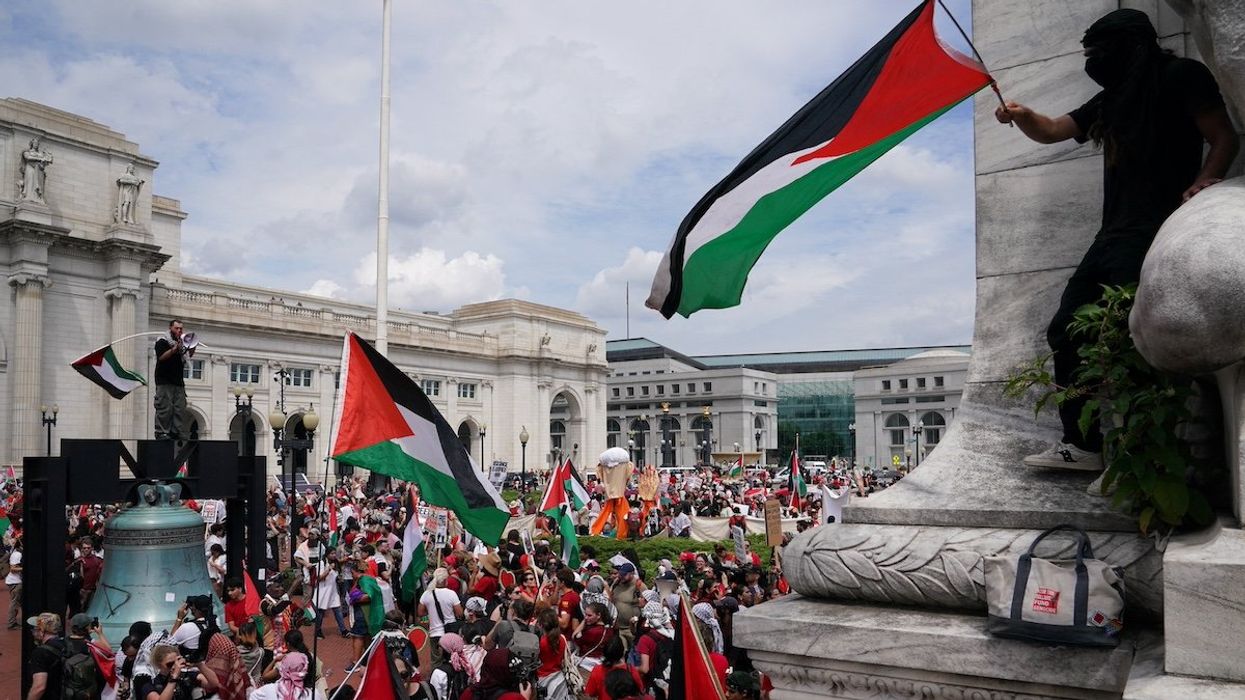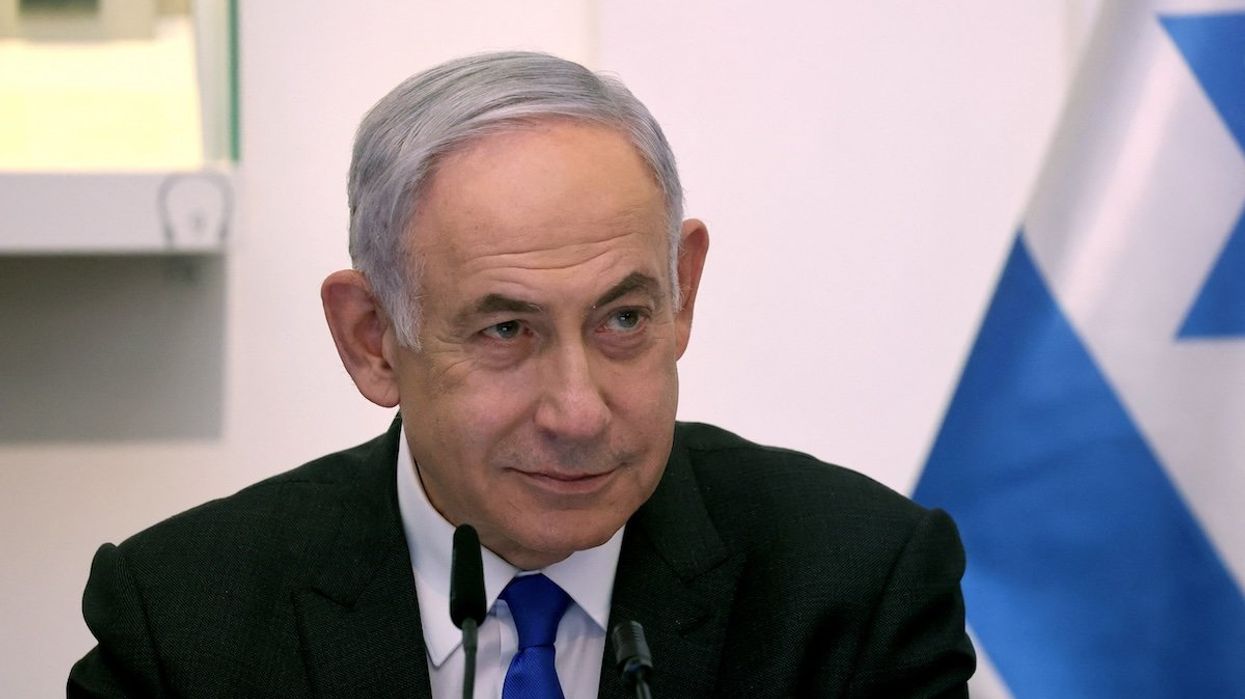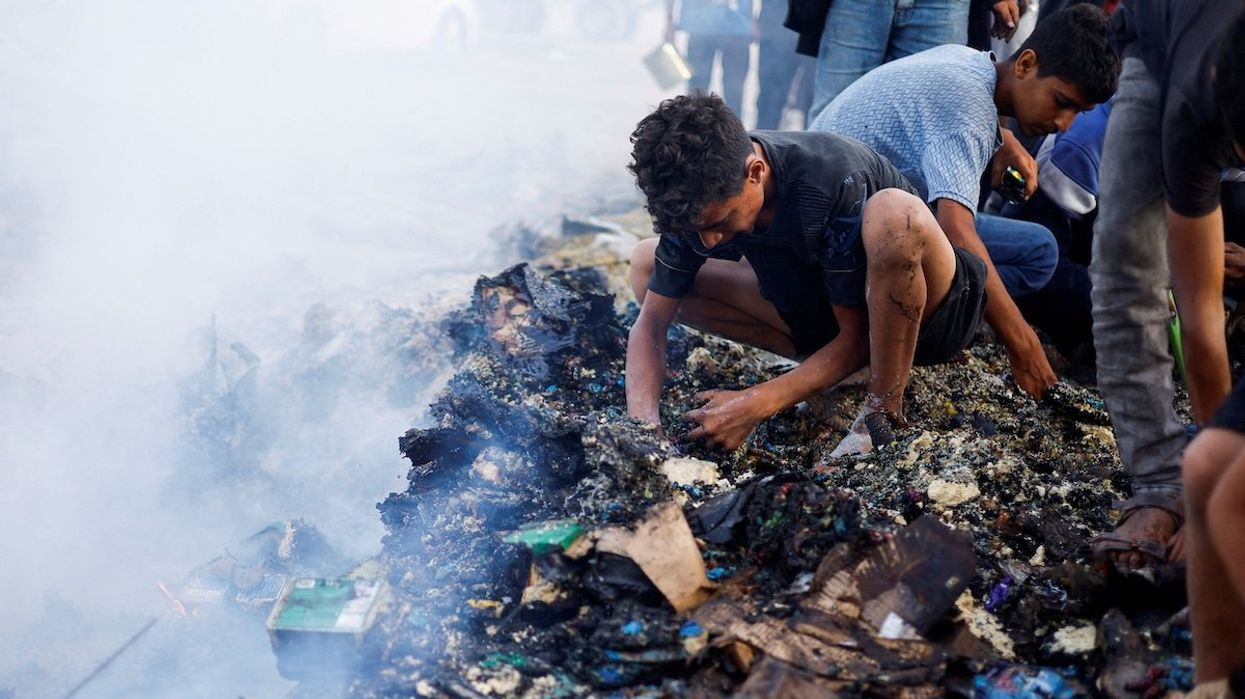Quick Take
Israel is facing real consequences over Gaza annexation plans
Since the onset of its war in Gaza, Israel has operated without meaningful consequences. In this week’s Quick Take, Ian Bremmer explains how that may be changing. Pressure from the UAE, Trump, and European governments could force Prime Minister Benjamin Netanyahu to rethink unilateral strategies.
Sep 29, 2025



